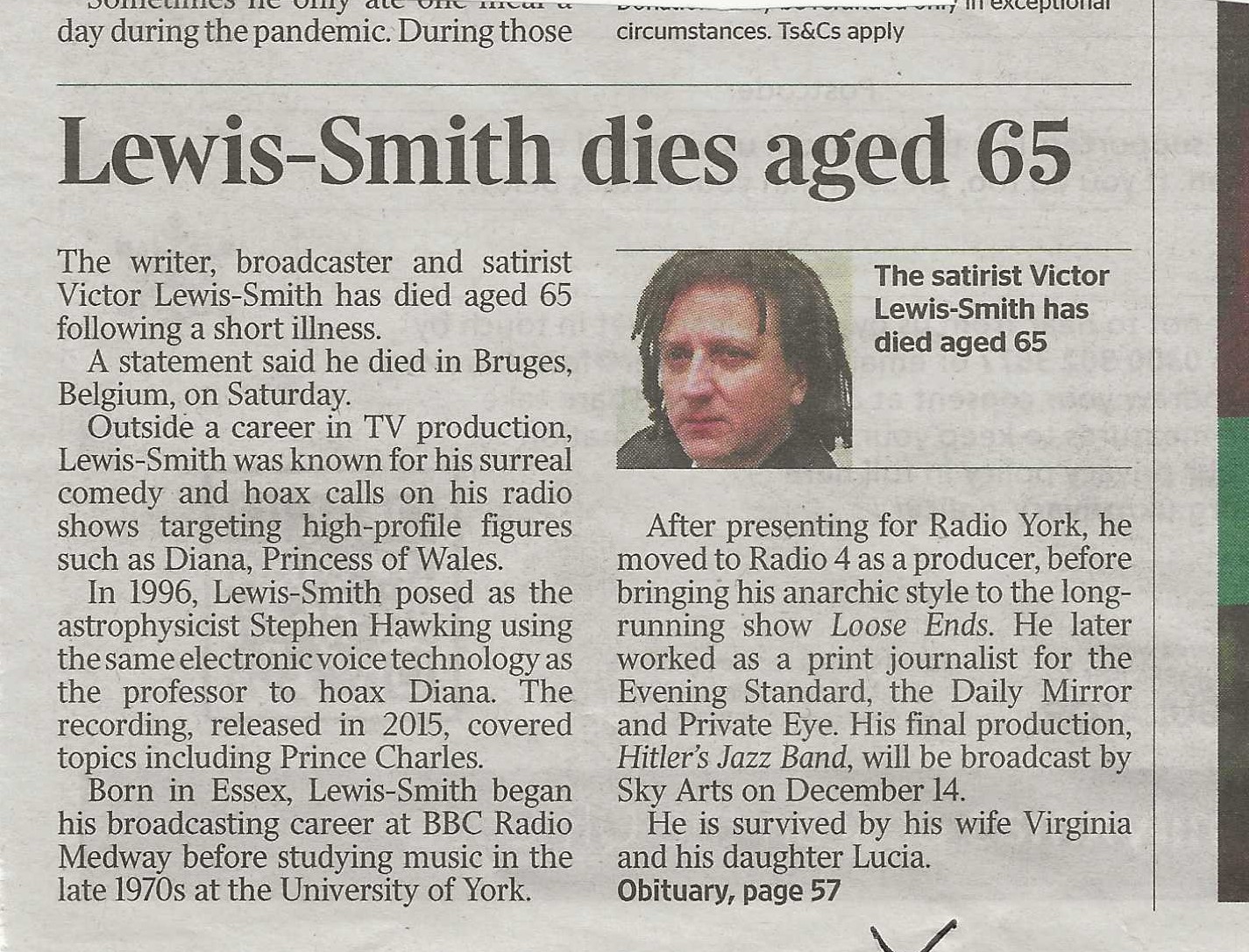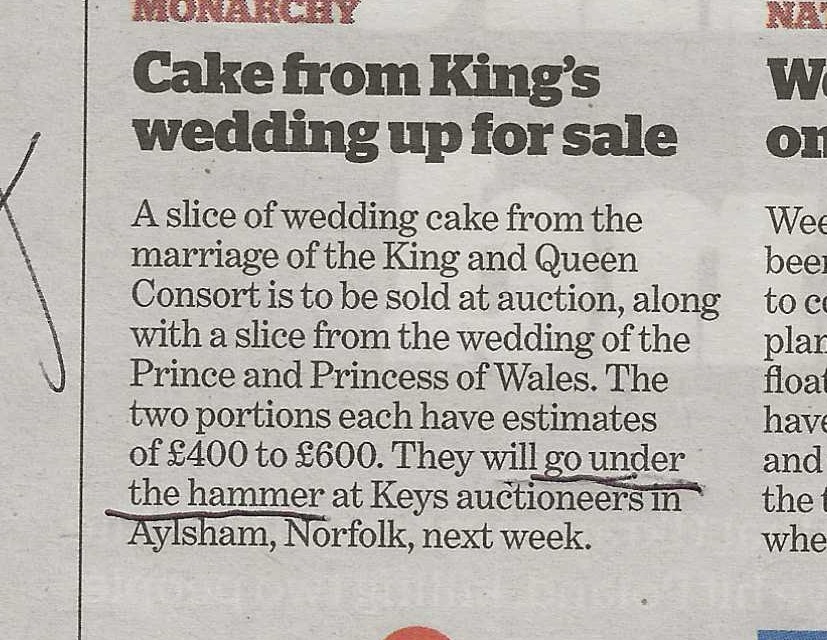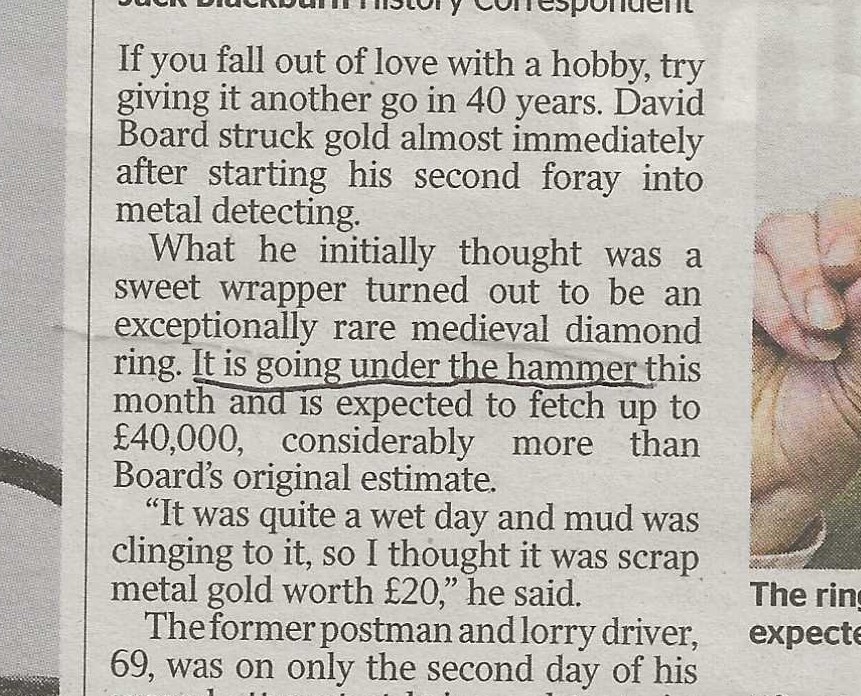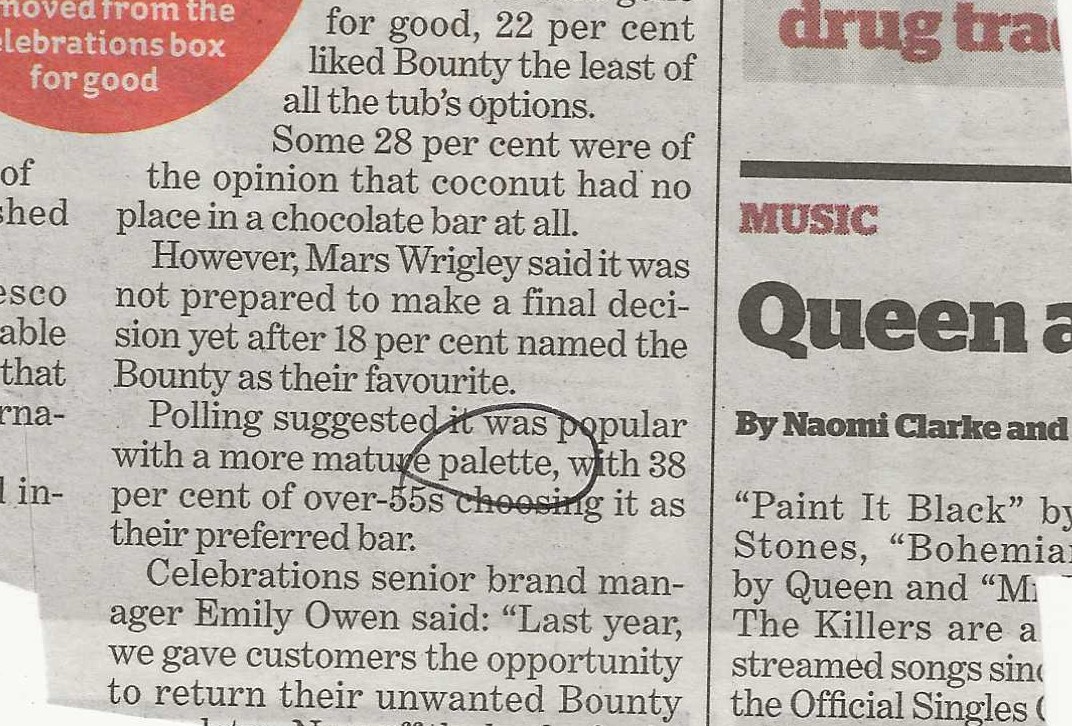
i newspaper, November 23, 2022
Funny that this is about a sort of goldfish, a species which is supposed to have a three-second memory. This is a myth (they have good memories), but obviously it applies to the sub who handled this and failed to notice that the fish weighed 28kg at the start of the piece and 30kg at the end.
The reader has no need to be told in the headline that the angler was British. Unless told otherwise, one can assume the subject of a story in a British newspaper is British, not Mongolian.
The ‘i’ has the annoying feature of putting a tag above every headline (I think this is a device to soak up space so that it can get away with processing fewer words in copy). Was ‘People’ really the best tag? On a story about a fish?
Lastly, isn’t this a story that cries out for a picture? Is it worth using without? This is how Sky News did it (the story is almost equally bad but I have run out of energy).









